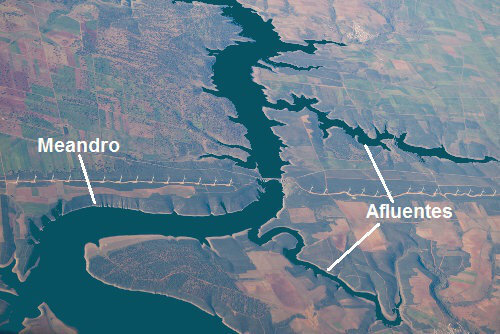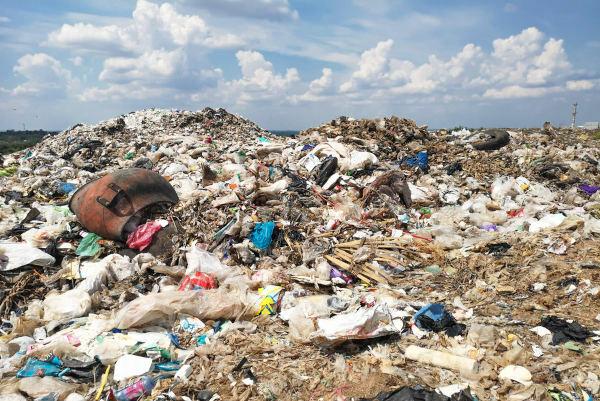A few days ago, a beautiful and intelligent girl, only eleven years old, told me: “I don't like politics”. I, who communicate reasonably well with higher education students, took dozens of minutes trying to show the pre-teen the reason why a person who intends to be cultured commits a faux pas, a blunder, when he says he doesn't like politics.
There were many arguments that I used to make the girl understand my point of view. I went back to the ancient Greeks and quoted Aristotle, for whom the human being is a “zoon politikom”, a political animal. He said that we need to separate the world of "I" from the world of "we" and the world of "mine" from the world of "our". The watch, the camera and the pair of slippers can all be managed in the realm of “I” and “mine”. The square, the water distribution system of a city and the school belong to the set of what needs to be collectively organized, since it is essential for the proper functioning of a city, where the "politicians" live. the citizens".
With that, I tried to say that, in political life, in its original sense, the public and the private intersect, which is why the wisdom in dealing with these two dimensions is what constitutes the true policy, which requires a straightness of character and a sense of justice so that the equality and freedom of all are respected. When the public and the private are confused, and when the politicians who make up the parties take each other for granted, things get mixed up and lead us not to differentiate the party representation with the political practice that is inherent to us, and even vital. In this sense, since, considering Aristotle, we are “political animals”, to say that we don't like politics means to say that we don't like ourselves, that we don't like the human being.
In the end, I don't know if I gave my message; as I don't know if people are fully understanding the meaning of the “dirty list” (if not legally having the final and unappealable decision, but already, yes, politically) of party representatives has for our democracy. Some see it as pre-judgment; others, as an indication of who to choose to take care of “our” world in the next elections. For my part, I join the second group, not least because the political judgment of representations that do not meet the ethics of correction in dealing with public affairs is faster than the judgment made by the Court, which, at times, in addition to delaying, also lack.
It seems to me that, when publishing the list of candidates for public office who have a dirty name in dealing with the "common good", the Association of Brazilian Magistrates (AMB) issues an alert: “Look carefully and evaluate: there are signs that this one behaved thus. Does he deserve a second chance?” Maybe it's a case of leaving the legal debate to experts in the field and we pay attention to the political meaning of this list, which only those who owe something at the registry office are afraid of, which already says a lot.
Finally, perhaps it is opportune to recall Pericles, the Greek politician who, long before Christ, saw in the remuneration of representatives of the people an instrument that allowed the poor to free themselves from daily obligations to dedicate themselves to the management of what is common to us in life Social. That is why, in the Funeral Prayer, Pericles sentenced that “the fact that a man is poor does not prevent him from rendering services to the State”.
What interests us more is the pedagogical character of this “dirty list”, and less the gaps that the legal “technicisse” and the “theatricality” of the elitist law in force among us do not reach. Therefore, may the AMB list help us to identify who has been confusing things throughout Brazil and, thus, help us in the wise choice of those who should be in charge of the administration of what, produced by all, belongs to all we. Maybe we help people to understand the real meaning of the political “to do”, starting with our children?
Per Wilson Correia
Columnist Brazil School
Politics - Brazil School
Source: Brazil School - https://brasilescola.uol.com.br/politica/quem-tem-medo-lista-corruptos.htm


